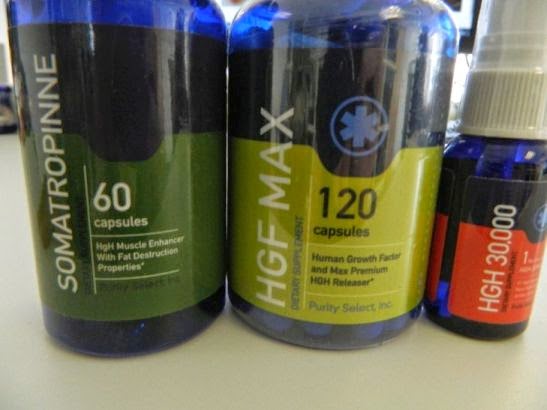Weight loss treatments are so essential for a healthy human being. Ten nourishment sorts, including bread, represent higher
danger of coronary illness, stroke, report says. Americans still consume an abundant excess salt, and a lot
of it originates from dietary staples, for example, bread, poultry, cheddar and
pasta, U.S. well being authorities reported Tuesday. A U.S. Communities for Disease Control and Prevention report
said 90 percent of Americans devour an excessive amount of salt once a day.
Ten sorts of nourishment's record for 44 percent of salt
utilization, the CDC analysts said. These incorporate bread and moves; store
meats and cured meats; pizza; new and prepared poultry; soups; cheeseburgers
and different sandwiches; cheddar; pasta dishes, for example, spaghetti with
meat sauce; meat dishes, for example, meat piece with tomato sauce; and salty
snacks, for example, pretzels, chips and popcorn. An excess of salt, the significant wellspring of dietary
sodium, can raise circulatory strain, which is connected to coronary illness
and stroke. "Coronary illness and stroke are driving reasons for
death in the United States and are generally reliant on the high rate of hypertension,
and one of the things that is driving our circulatory strain up is that most
grown-ups in this nation consume or drink about double the measure of sodium
prescribed," CDC executive Dr. Thomas Frieden said amid a twelve question
and answer session Tuesday.
"Lessening sodium over the sustenance supply can expand
customer decision, is practical, it can spare a large number of lives and
billions of dollars in medicinal services costs every year," Frieden
included. As indicated by the report, decreasing sodium by 25 percent
in those 10 sustenance sorts could help keep 28,000 passing's every year and
recovery $7 billion in health awareness costs. General salt admission would
decrease by 10 percent. Since some of these nourishment's, for example, bread, are
consumed a few times each day, salt utilization includes, despite the fact that
an individual serving is not high in sodium.
"Cooking crisp nourishment at home is the most ideal
approach to lower sodium," said Samantha Heller, a dietitian and clinical
sustenance organizer at the Center for Cancer Care at Griffin Hospital in
Derby, Conn. For their appraisals, CDC scientists depended on information
from a 2007-2008 nourishment investigation of more than 7,000 Americans matured
2 years and more established. The specialists found that 65 percent of every day sodium
originates from nourishment purchased in stores, and 25 percent from restaurant
dinners.
Barring salt included at the table, the normal American
expends around 3,300 milligrams of sodium every day — essentially more than the
2,300 milligrams suggested by the U.S. Dietary Guidelines. For individuals more than 51 years old, dark Americans, and
those with hypertension, endless kidney infection or diabetes, the proposal is
only 1,500 milligrams a day. Producers of transformed nourishment's and restaurants need
to diminish salt substance in their sustenance's, the report expressed. The most ideal approach to decrease your salt admission, the
specialists said, is to consume all the more new or solidified leafy foods
without sauce and cutoff transformed sustenance's.
Heller recommended purchasing low-sodium sustenance's, for
example, no-sodium canned tomatoes and tomato sauce, and utilizing less
cheddar, "which can be shockingly high in sodium." It's essential to realize which sustenance's are high in
sodium and consider them along with your day, and to check nourishment marks
when shopping, Heller said. Likewise, cutoff icy cuts and transformed meats.

.JPG)



.jpg)

No comments:
Post a Comment